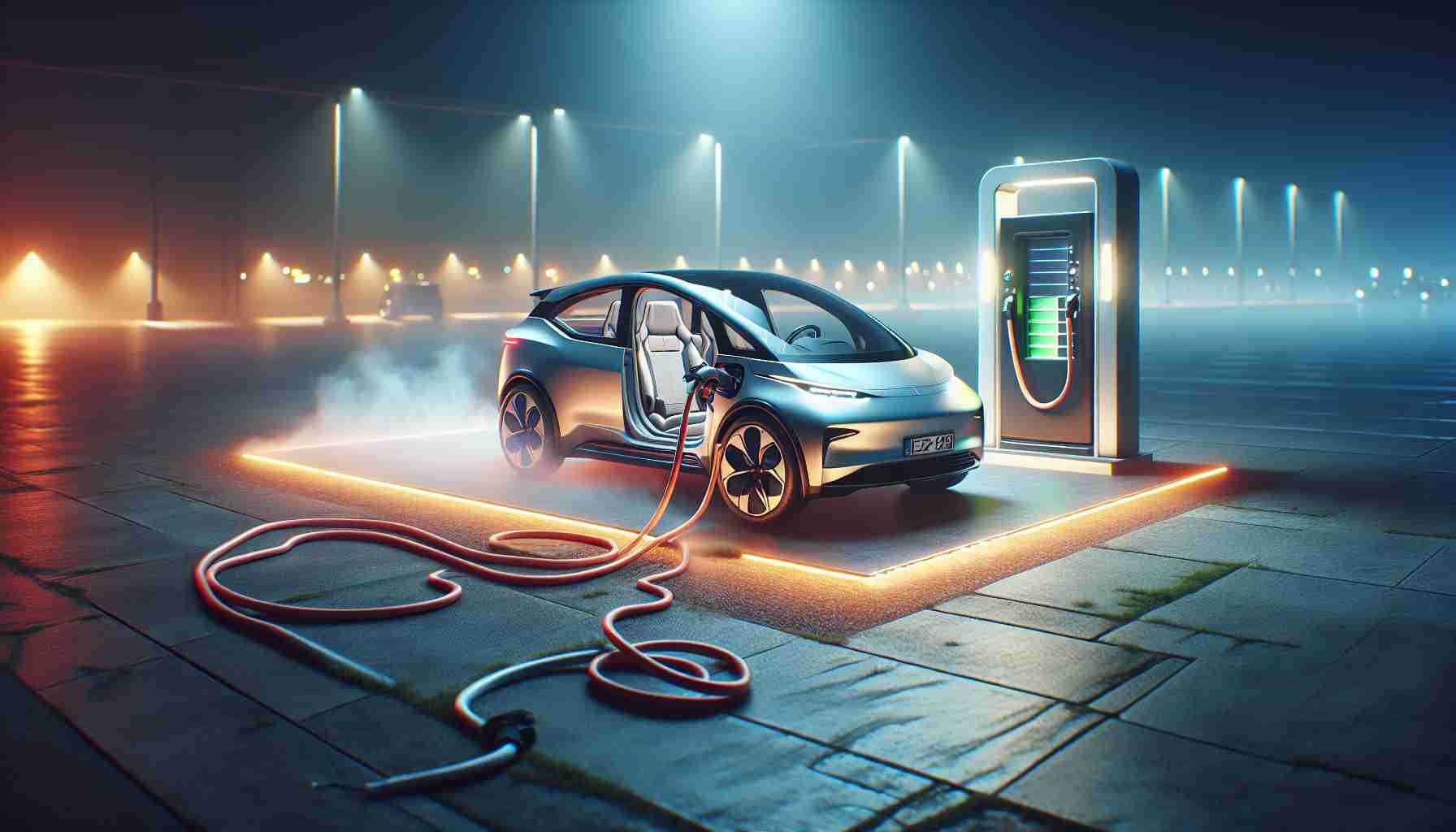In a significant breakthrough for the electric vehicle industry, MIT researchers have developed a new battery technology that could revolutionize the way we charge our EVs. The breakthrough centers around a novel type of lithium metal battery, which promises a future where electric vehicles can be fully charged in under 10 minutes.
This newly developed battery utilizes an advanced electrolyte that significantly speeds up the movement of ions, a vital factor in reducing charging time. While traditional lithium-ion batteries have longer charge durations due to internal resistance and safety limitations, the new formulation addresses these issues by maintaining stability and preventing the growth of damaging dendrites—microscopic needle-like formations that can cause short circuits.
Why is this discovery important? The capacity to charge vehicles faster without compromising energy density or safety means that electric vehicles could become more appealing to a wider audience, easing concerns about ‘range anxiety.’ A faster charging process is a critical step toward the widespread adoption of EVs, which is essential for reducing global carbon emissions.
The researchers have already commenced collaborations with major automotive manufacturers to integrate this technology into future vehicle models. The technology is expected to hit the market within the next five years, with potential implications not only for consumer vehicles but also for commercial applications such as electric buses and trucks.
This rapid charging innovation could be the catalyst for a new era in sustainable transportation, changing the landscape of how we think about and use electric vehicles worldwide.
New Battery Technology May Ignite Fresh Controversies in EV Adoption
The recent breakthrough in battery technology from MIT is stirring excitement and debate in the electric vehicle (EV) sector. While the ability to charge EVs within 10 minutes could dramatically increase their appeal, it also raises questions about the infrastructure needed to support such advancements.
What challenges might rapid charging introduce? One concern is the current state of charging infrastructure. Although the technology promises rapid recharging speeds, many existing stations are not equipped to handle this increase in power demand. Upgrading infrastructure will be crucial, requiring significant investment from both private and public sectors to ensure widespread compatibility and reliability.
Could this innovation affect the cost of EVs? As with any cutting-edge technology, integrating these advanced batteries might increase the initial cost of vehicles. While prices could decrease over time with mass production, consumers might face higher purchase prices in the short term. However, the cost of ownership could decrease with less downtime and maintenance due to the improved battery lifespan suggested by the research.
Environmental and ethical implications remain a topic of discussion. The production of lithium metal batteries involves mining, which raises sustainability and ethical concerns related to resource extraction and environmental impact. Balancing these with the benefits of decreased fossil fuel reliance will be key.
Potential advantages include decreased range anxiety and expanded use in commercial transport sectors, leading to significant reductions in carbon emissions. However, the journey to practical implementation must navigate the complexities of infrastructure development and initial cost spikes.
For more, visit MIT.







